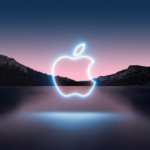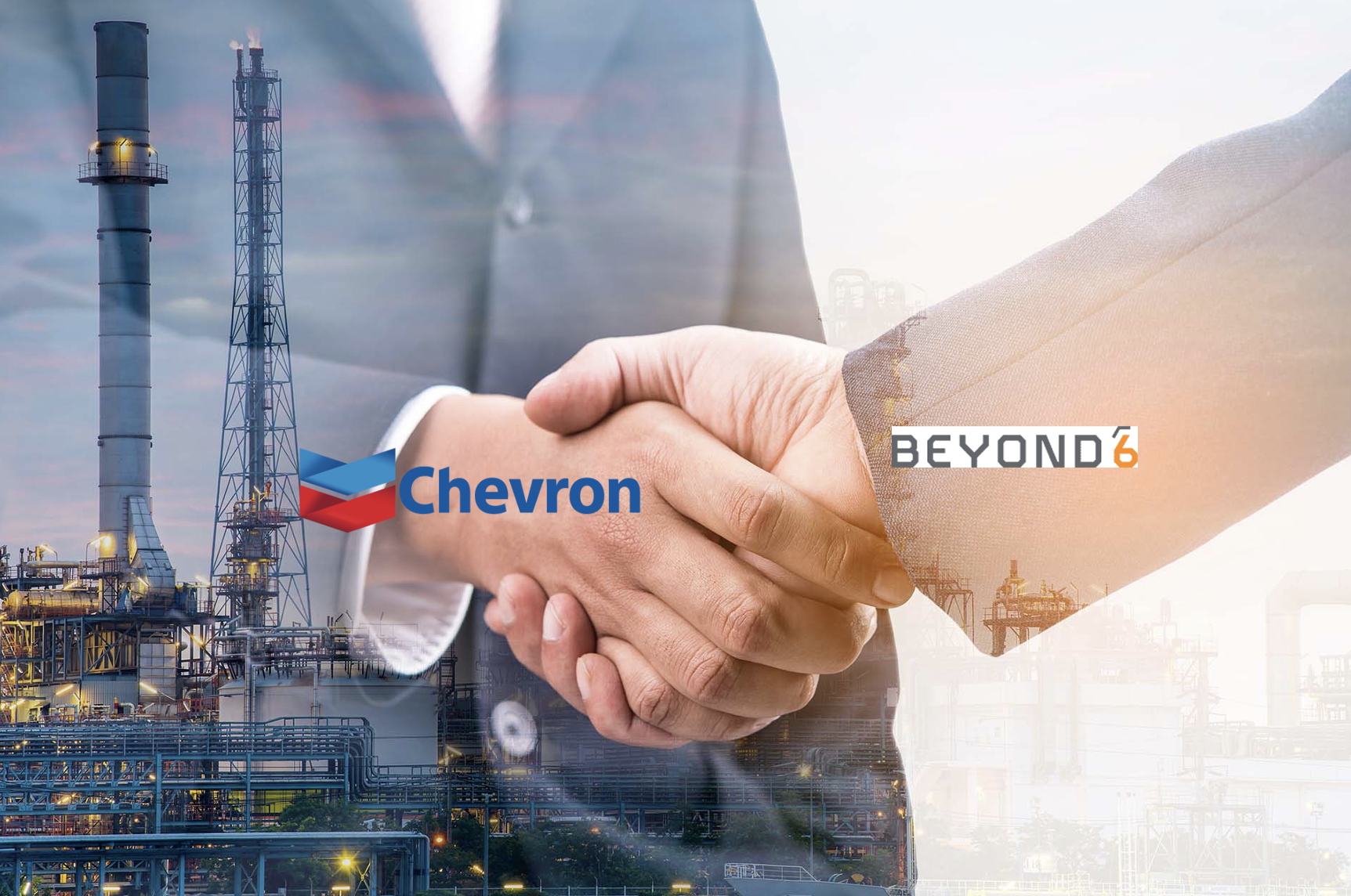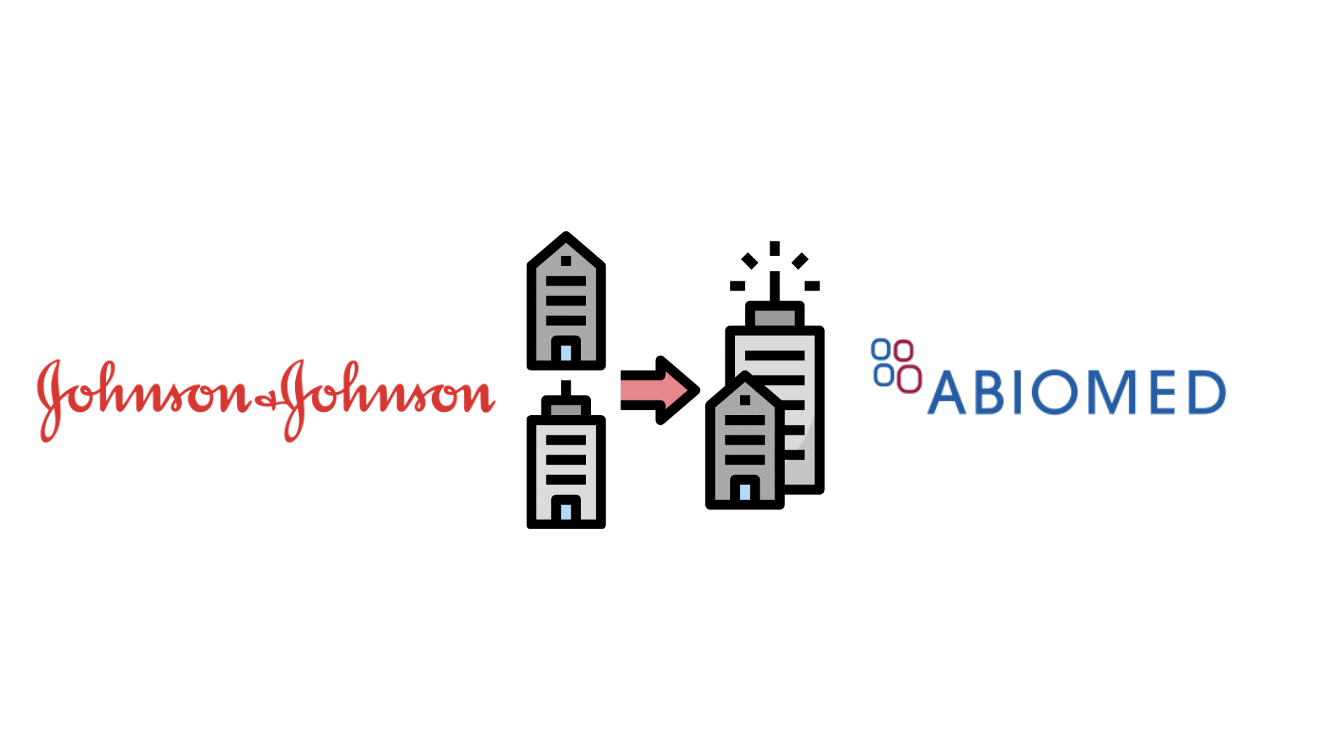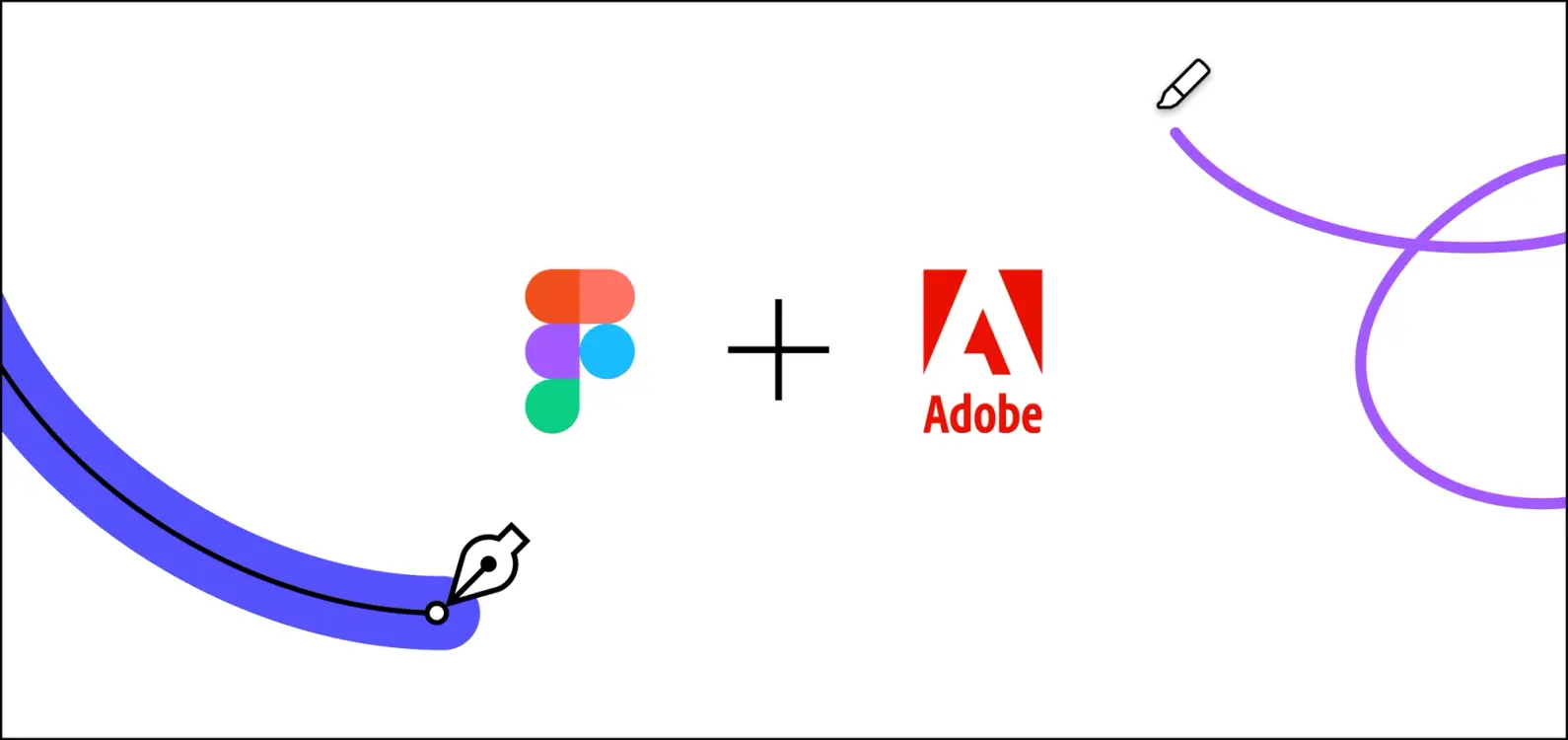- Home
- Technology
- M&A: Announced Pfizer Aqu ...
Buyer

Pfizer Inc.
Target

Seagen Inc.
Seagen Inc. is an American biotechnology company focused on developing and commercializing innovative, empowered monoclonal antibody-based therapies for the treatment of cancer. They are industry leaders in antibody-drug conjugates (ADCs), a technology designed to harness the targeting ability of monoclonal antibodies to deliver cell-killing agents directly to cancer cells.
43 Billion USD
Late 2023/Q1 2024
On the day of the Pfizer-Seagen deal announcement (13 Mar 2023), Pfizer's stock decreased by 0.66% but recovered by 2.31% the following day.
Deal Summary 🔎
Acquisition Details: Pfizer, a global pharmaceutical giant, has struck a deal to acquire Seagen, a Washington-based biotechnology company specializing in developing antibody-drug conjugates for cancer treatment, for approximately $43 billion.
Deal Structure: Pfizer plans to acquire Seagen for $229 per Seagen share in cash. As part of the agreement, Pfizer might assume a certain amount of Seagen’s debt. Post-acquisition, Seagen’s innovative therapies are expected to be integrated into Pfizer’s oncology portfolio.
Strategic Rationale: The acquisition aligns with Pfizer’s strategy to strengthen its position in the oncology segment. This move is seen as a counter to the fall in COVID-related sales and generic competition for some of Pfizer’s top-selling drugs. The acquisition is expected to leverage Seagen’s expertise in antibody-drug conjugates to develop innovative cancer treatments.
Sector Overview: The global oncology ecosystem continues to evolve with the discovery, development, and delivery of novel treatments. The oncology market was valued at US$ 203.42 billion in 2022 and is projected to reach over US$ 470.61 billion by 2032, growing at a CAGR of 8.8%. Key trends in the sector include a focus on cancer vaccines, the maturation of radiopharmaceuticals, and the commercial success of bi-specific antibodies.
Potential Synergies 🚀
- Enhanced Oncology Portfolio: Combining Seagen’s specialized therapies with Pfizer’s global reach could lead to the accelerated development and distribution of novel cancer treatments.
- Targeted Cancer Therapies: Seagen’s specialization in antibody-drug conjugates can enhance Pfizer’s oncology portfolio. Targeted therapy treats cancer by targeting proteins that control how cancer cells grow, divide, and spread. It is the foundation of precision medicine. As researchers learn more about the DNA changes and proteins that drive cancer, they are better able to design treatments that target these proteins. Most targeted therapies are either small-molecule drugs or monoclonal antibodies. These therapies mark cancer cells so they are better seen and destroyed by the immune system, stop cancer cells from growing, or deliver cell-killing substances to cancer cells.
- Research & Development Collaboration: The combined expertise of both companies could lead to breakthroughs in cancer research, potentially discovering new therapeutic targets.
- Global Market Penetration: With Pfizer’s extensive global network, Seagen’s therapies could reach a wider patient population, enhancing treatment accessibility and market share.
- Operational Efficiencies: The combined entity can streamline operations, manufacturing, and distribution, leading to cost savings and increased profitability.
- Collaborative Drug Development: Joint efforts in clinical trials and drug development could expedite the approval process and bring therapies to market faster.
Integration and Implementation 🤖
Key steps and timeline for integrating the target company: The acquisition is expected to close in late 2023 or early 2024. Post-acquisition, Seagen’s operations will be integrated into Pfizer’s oncology division.
Potential challenges and risks associated with integration: The acquisition might face regulatory scrutiny, as indicated by the US FTC seeking additional information on the proposed takeover. Other challenges include the integration of company cultures and ensuring the continued progress of Seagen’s drug pipeline.
Governance and leadership structure post-merger: Pfizer’s existing leadership will oversee the combined entity, with key members of Seagen’s executive team taking on strategic roles within Pfizer’s oncology division.
More information ➕
Pfizer’s Acquisition History: Pfizer has a rich history of strategic acquisitions to bolster its drug portfolio and expand its therapeutic areas. Some notable acquisitions include:
- Synbiotics in 2010, a company founded in 1982.
- Embrex in 2007, which was established in 1985.
- Innopharma in 2014, a company that started its operations in 2005.
- Bamboo Therapeutics in 2016, a relatively newer company founded in 2014.
- In the 21st Century, Pfizer acquired many other pharmaceutical companies, including Warner-Lambert in 2000 for $110bn, followed by Pharmacia.
These acquisitions, along with the latest Seagen acquisition, showcase Pfizer’s commitment to expanding its therapeutic areas and solidifying its position in the pharmaceutical industry.
Leave a Reply Cancel reply
Poll
Search
Recent Post
$APPL Equity Q2 2023 Report
- October 5, 2023
- 9 min read
Apple 2023 Executive Summary
- October 4, 2023
- 5 min read
M&A: Announced Pfizer Aquiring Seagen
- October 3, 2023
- 4 min read







One reply on “M&A: Announced Pfizer Aquiring Seagen”
Hello